8 successful people sharing experience: how to find a mentor?
A competent mentor plays a big role in the path to success. But how to find a mentor, how to behave with him? This is told by the former US Secretary of State, the founders of several successful startups and one of the best authors of the New York Times.
“For me, mentoring is vital. I attribute most of my success to the fact that I had many excellent mentors, people I could come to and could ask for advice, ”writes Alex von Tobel, founder and head of financial planning service LearnVest.com . Alex points out that the knowledge and personal qualities of a mentor are important: if your mentor does not think ahead or is not the most honest person, then he will become a problem.
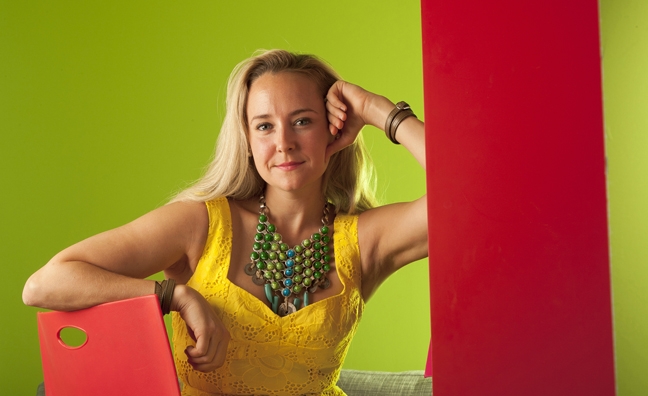
“A little advice from me: you don’t have to look for someone with whom you can build relationships, but look for someone you can come to and ask a simple question who can easily answer you by mail,” advises Janet Mock, author of New York Times. When you have a specific question for a specific person you trust, you can simply ask it - and the lack of close relationships relieves pressure from your mentor.
')
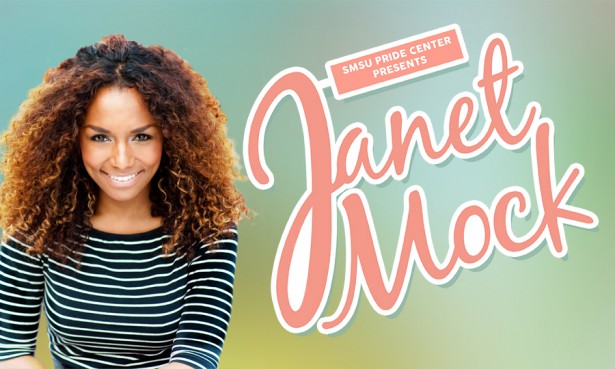
How do mothers aged 35 to 45 when working, differ from men? Moms want to spend time at home with their children after work. No matter which event they were invited to, family is more important to them. “So I can't think like a 29-year-old lonely guy. I have to think about how to attract my target audience, ”says Kevin Conroy Smith, founder of The Number Project . Kevin advises not to approach people in the way you are comfortable: make a meeting convenient for another person. Not everyone needs your coffee. Be flexible.
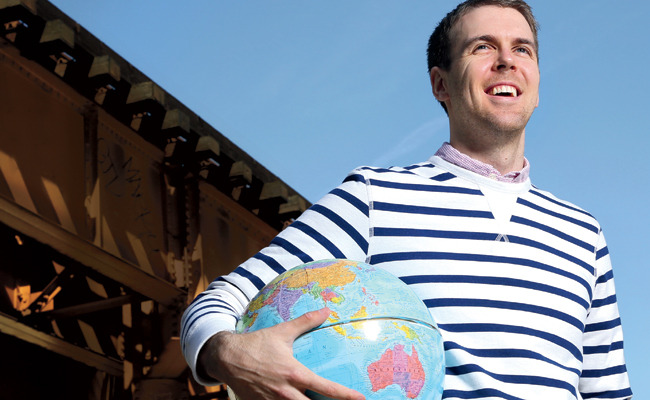
Geneva S. Thomas, founder and editor-in-chief of Jawbreaker.nyc , suggests looking closer at your colleagues: “The girl around you can hire you for five years, or she can have contacts with a big brand whose sponsorship dollars you need. This is a small planet, relationships are very important! ”
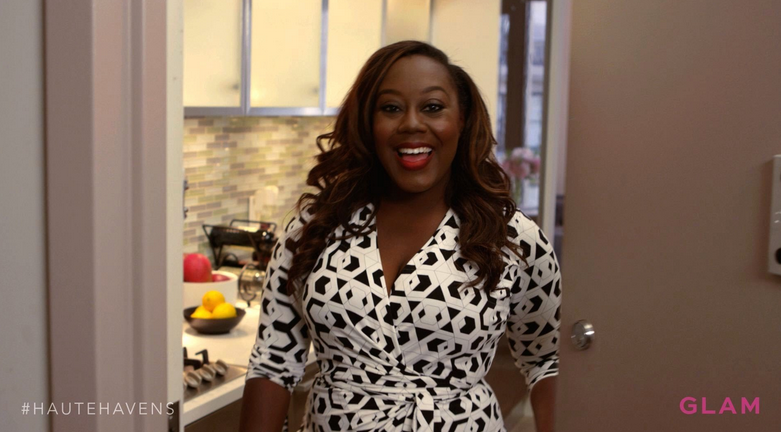
“My mentors found me at work. My boss was my mentor when I got my first full-time job at 25 years old. My first boss literally taught me how to order at a restaurant - because I was a black girl from Inglewood, California, and I never ate sushi in my life, I wasn’t in Mr. Chow, did not go to a restaurant at Rodeo Drive in Beverly Hills, but for a new job I had to go to these places for meetings. He bought me my first gift card at Barney's: remember, I thought “What is Barney's?”, Says Myleik Teele, the founder of curlBOX. “People think that mentors come down from heaven like angels with wings and say,“ I am your mentor. ” It’s not, it’s usually someone who helps you in certain aspects of life and cares about you. "

Condoleezza Rice, director of the Global Center for Business and the Economy at Stanford University, advises not to look for a mentor who looks like you. “If I were looking for a black woman, a specialist in Soviet countries, I would still be waiting,” says the former US Secretary of State. "Most of my mentors were white, older men, because they are the ones who dominate my field."
“To be a mentor is to believe in someone and care enough to share your knowledge. My mentors did not always have all the answers, but they could share wisdom and experience. When I meet a person I want to see as my mentor, I ask him to tell me stories. I want to sit by and hear as many life stories as I can, ”says Scooter Brown, founder of School Boy Records . “I tell the mentors what is happening in my life and ask:“ Is there something in your life that you can tell about to help me? ”“ I want to learn from the mistakes of the past. I want to learn from success. ”
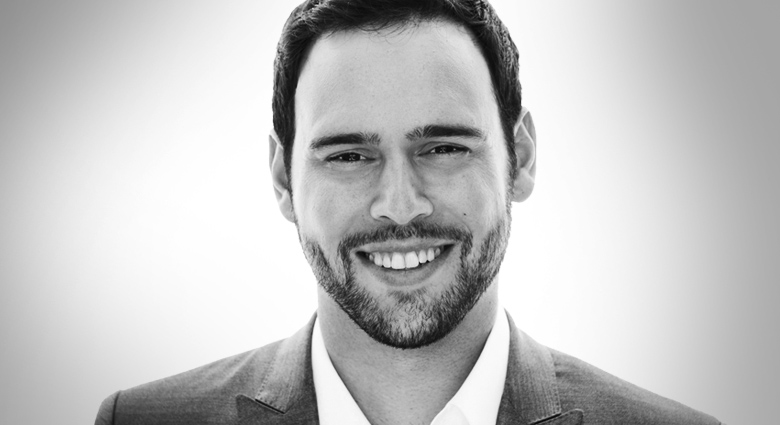
Mentoring should help both parties, said Charm & Chain COO Jamie Rutenberg. “In many aspects of my career, mentoring and the idea of empowering each other was a key success factor. And I like to be a mentor to other people, share experiences, let people learn from my mistakes and success. ”
You can not force people to save themselves, no need to contact the mentor only when everything is going very badly with you. Mentoring should be mutually beneficial. “If you are looking for someone from whom you want help, but do not give anything in return, this is not cool,” says Myleik Teele, the founder of curlBOX. You yourself must bring something into your mentor’s life. "My mentor never paid for lunch with me - I paid for every lunch because I appreciate her."
Who was your mentor? Was there a person or people who strongly influenced you as a person and as a professional? Tell us about your experience in the comments.
1. Speech is about a person, not a position
“For me, mentoring is vital. I attribute most of my success to the fact that I had many excellent mentors, people I could come to and could ask for advice, ”writes Alex von Tobel, founder and head of financial planning service LearnVest.com . Alex points out that the knowledge and personal qualities of a mentor are important: if your mentor does not think ahead or is not the most honest person, then he will become a problem.

2. Do not wait for a relationship - coaching has different forms
“A little advice from me: you don’t have to look for someone with whom you can build relationships, but look for someone you can come to and ask a simple question who can easily answer you by mail,” advises Janet Mock, author of New York Times. When you have a specific question for a specific person you trust, you can simply ask it - and the lack of close relationships relieves pressure from your mentor.
')

3. Don't get attached to coffee and lunch: be flexible
How do mothers aged 35 to 45 when working, differ from men? Moms want to spend time at home with their children after work. No matter which event they were invited to, family is more important to them. “So I can't think like a 29-year-old lonely guy. I have to think about how to attract my target audience, ”says Kevin Conroy Smith, founder of The Number Project . Kevin advises not to approach people in the way you are comfortable: make a meeting convenient for another person. Not everyone needs your coffee. Be flexible.

4. In addition to searching for a mentor, look right and left.
Geneva S. Thomas, founder and editor-in-chief of Jawbreaker.nyc , suggests looking closer at your colleagues: “The girl around you can hire you for five years, or she can have contacts with a big brand whose sponsorship dollars you need. This is a small planet, relationships are very important! ”

5. Your mentors usually find you (not the other way around)
“My mentors found me at work. My boss was my mentor when I got my first full-time job at 25 years old. My first boss literally taught me how to order at a restaurant - because I was a black girl from Inglewood, California, and I never ate sushi in my life, I wasn’t in Mr. Chow, did not go to a restaurant at Rodeo Drive in Beverly Hills, but for a new job I had to go to these places for meetings. He bought me my first gift card at Barney's: remember, I thought “What is Barney's?”, Says Myleik Teele, the founder of curlBOX. “People think that mentors come down from heaven like angels with wings and say,“ I am your mentor. ” It’s not, it’s usually someone who helps you in certain aspects of life and cares about you. "

6. Don't always look for someone like you
Condoleezza Rice, director of the Global Center for Business and the Economy at Stanford University, advises not to look for a mentor who looks like you. “If I were looking for a black woman, a specialist in Soviet countries, I would still be waiting,” says the former US Secretary of State. "Most of my mentors were white, older men, because they are the ones who dominate my field."
7. Do not ask for a map - ask about how to navigate.
“To be a mentor is to believe in someone and care enough to share your knowledge. My mentors did not always have all the answers, but they could share wisdom and experience. When I meet a person I want to see as my mentor, I ask him to tell me stories. I want to sit by and hear as many life stories as I can, ”says Scooter Brown, founder of School Boy Records . “I tell the mentors what is happening in my life and ask:“ Is there something in your life that you can tell about to help me? ”“ I want to learn from the mistakes of the past. I want to learn from success. ”

8. Learn not only to take, but to give
Mentoring should help both parties, said Charm & Chain COO Jamie Rutenberg. “In many aspects of my career, mentoring and the idea of empowering each other was a key success factor. And I like to be a mentor to other people, share experiences, let people learn from my mistakes and success. ”
9. Mentoring is not a life jacket.
You can not force people to save themselves, no need to contact the mentor only when everything is going very badly with you. Mentoring should be mutually beneficial. “If you are looking for someone from whom you want help, but do not give anything in return, this is not cool,” says Myleik Teele, the founder of curlBOX. You yourself must bring something into your mentor’s life. "My mentor never paid for lunch with me - I paid for every lunch because I appreciate her."
What advice can you give?
Who was your mentor? Was there a person or people who strongly influenced you as a person and as a professional? Tell us about your experience in the comments.
Source: https://habr.com/ru/post/295230/
All Articles